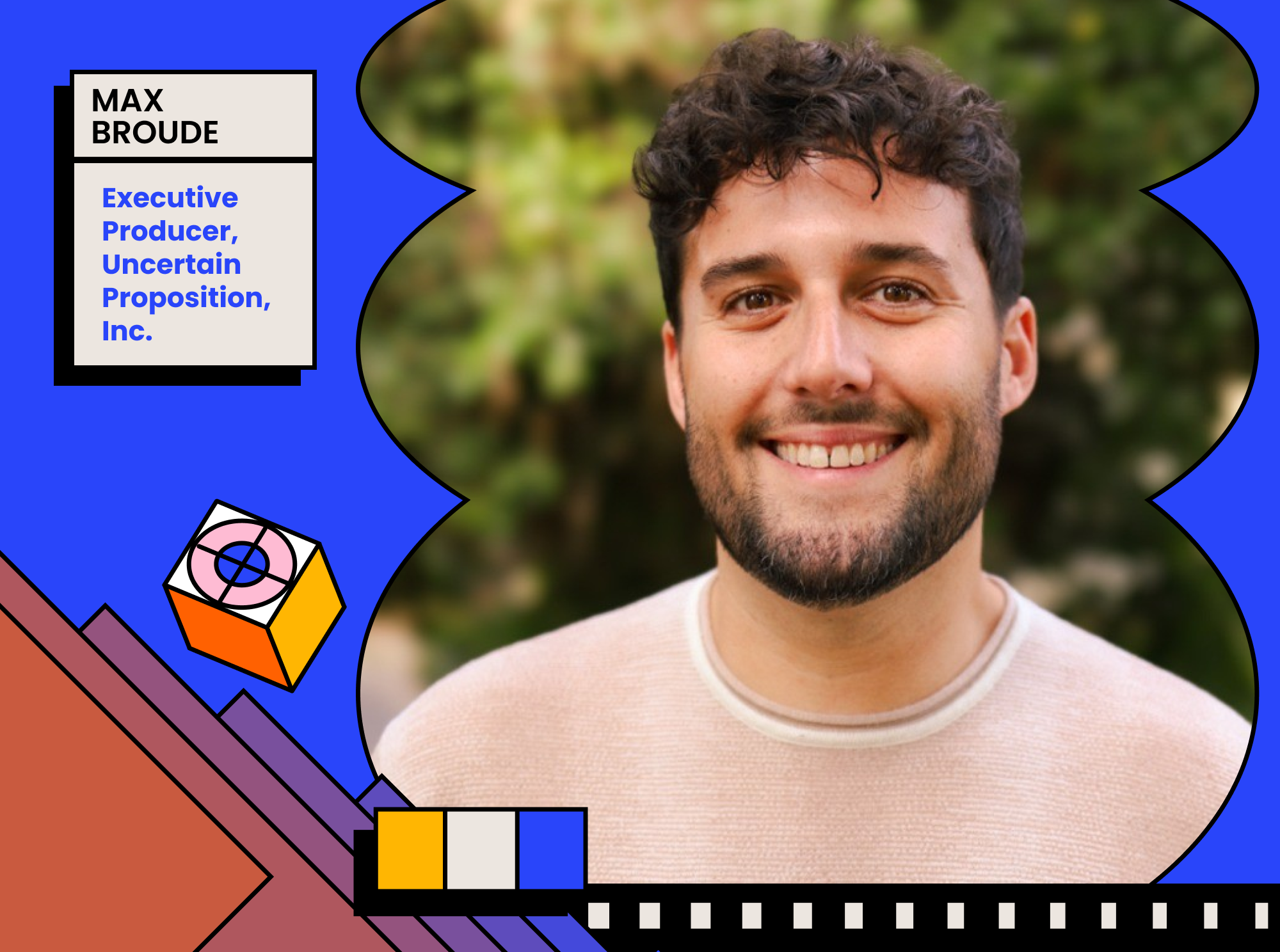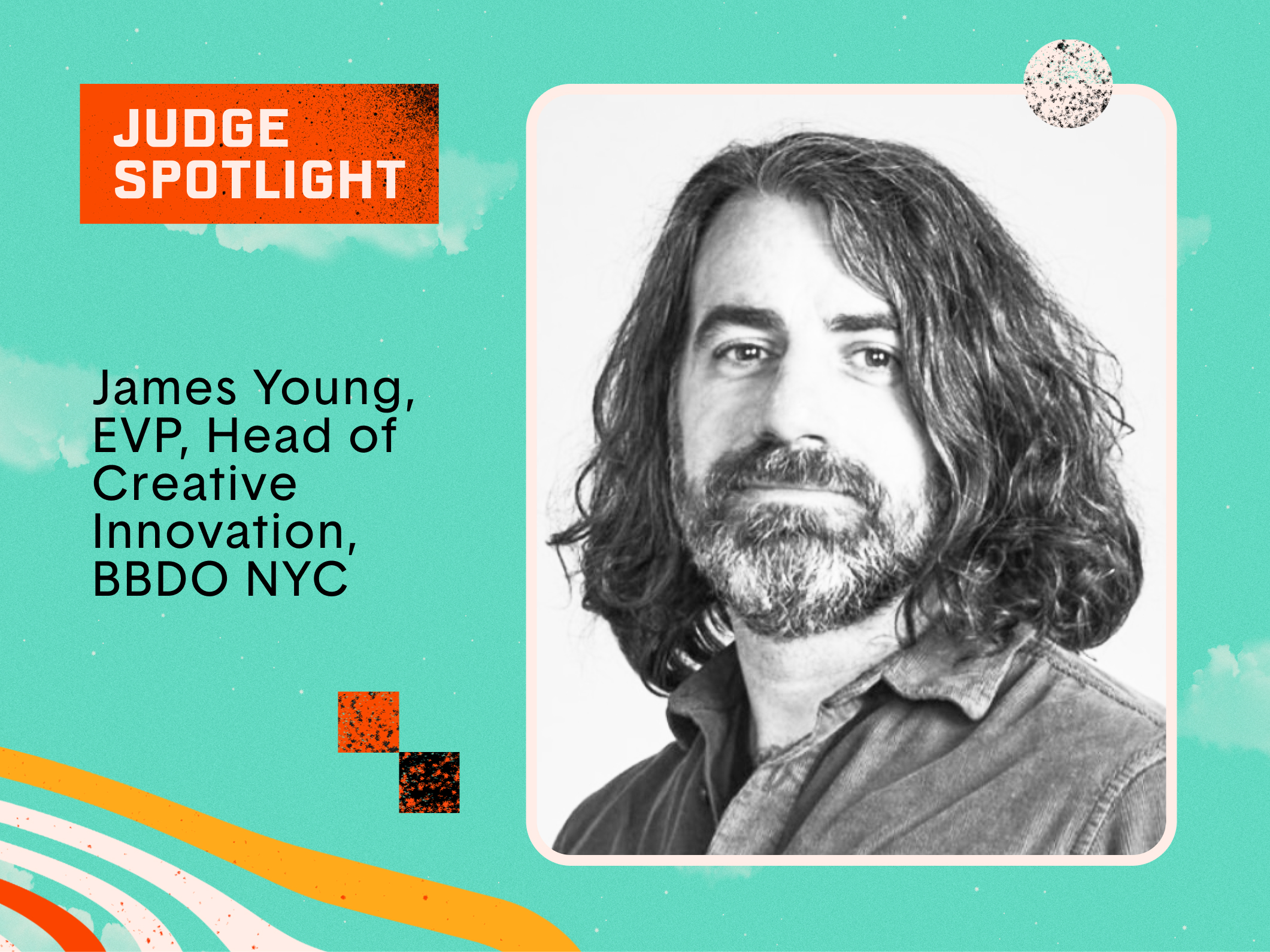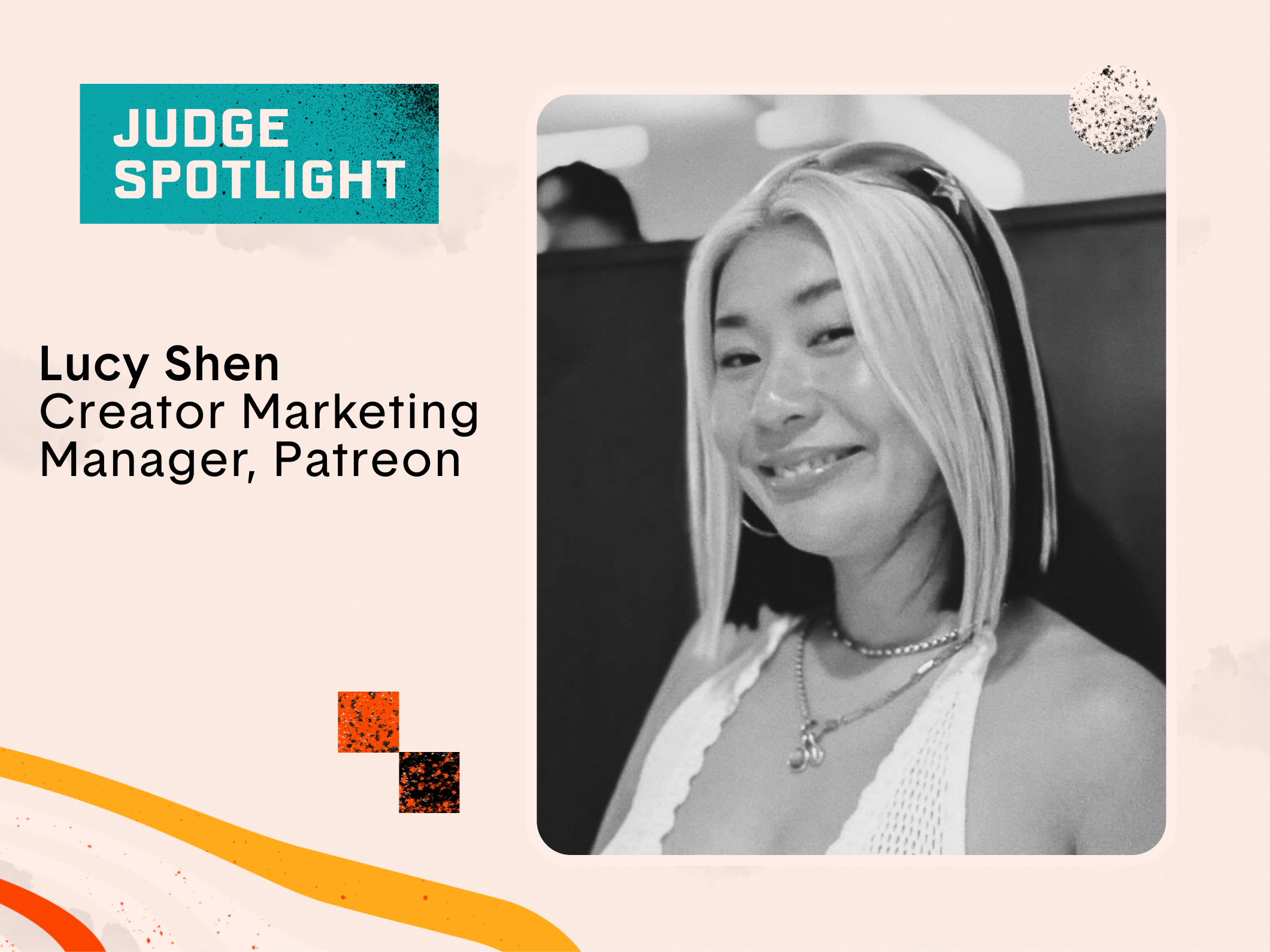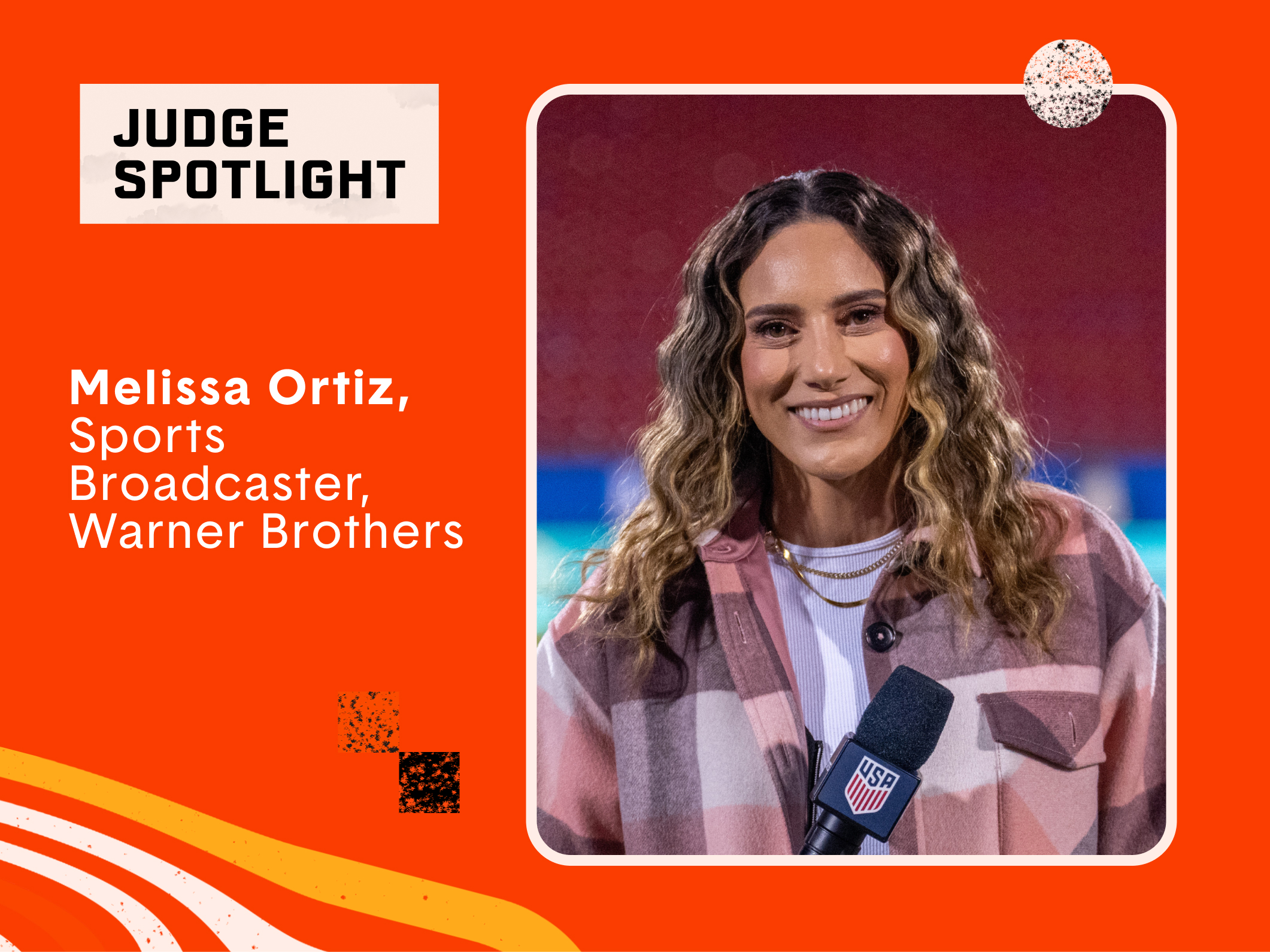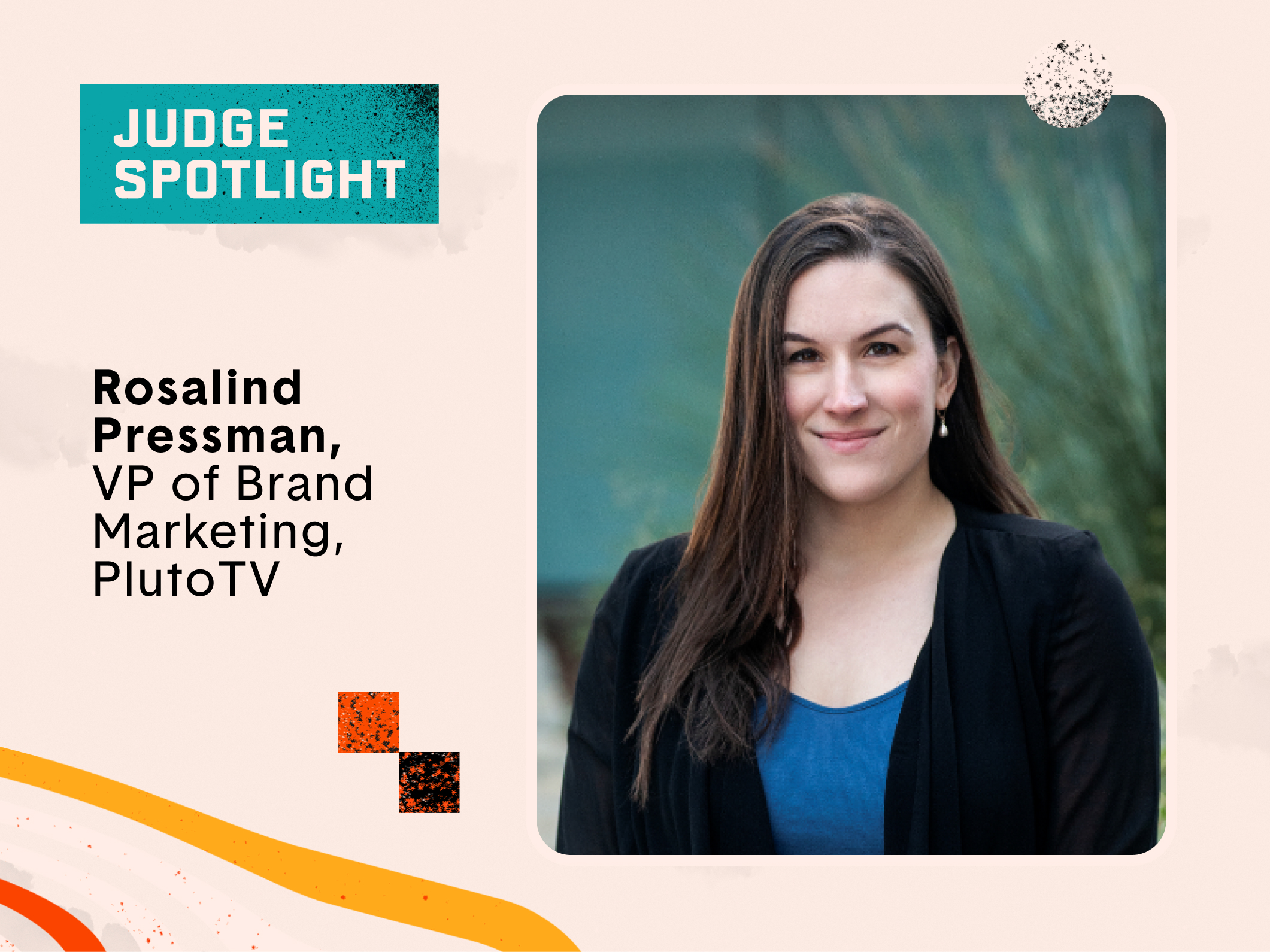What was your first job in the industry? What did it teach you?
My first job was a yearlong temp position in contract administration at Twentieth Television way back in 2007/2008. My roommate and I both got hired the same day and we shared a tiny cubicle on the Fox Lot. It was ludicrous, like a sitcom. I was coming from an arts program in college where I had been singularly focused on making theater and writing, but I needed money for rent and it was a good stable job. Even though it wasn’t a creative position I was able to make some great relationships with the folks around me and that is what made the job worthwhile.
What’s a creative risk you took recently? How did it turn out?
I was really feeling stifled at the beginning of the pandemic running the TV development at a digital media company that had me working across too many verticals, so I decided to leave and start my own little shop. Had I known what was to come for our industry as a result of COVID I might have made a different decision or at least delayed the timing! But in the end I wanted to focus on work that was meaningful to me and try my hand at self generating some ideas.
What project are you most proud to have worked on?
This is a tough question — but it would probably be a little show we made for Facebook called Please Understand Me. We took a gamble and spent like $5,000 on a proof of concept for a series where comedians improvised fake relationships in sessions with real licensed therapists. It was a big idea and challenging to execute, but the brilliant creators (Ahamed Weinberg and Steven Feinartz) made the presentation sing. We attached a fancy EP and shopped the project around town but couldn’t get a bite — but we managed to get connected to the burgeoning development team at Facebook and they loved the show and ordered a full season. We had some amazingly talented performers including Punkie Johnson (who then went on to SNL), Fred Melamed, Kate Berlant and Rory Scovel. I’m not even sure how many people saw the final show but getting to take it from a seed of an idea pitched to me into a general meeting to fully realizing the creators’ visions in series was incredibly fulfilling.
What’s the best part of your job? What’s the most challenging?
Well obviously the best part is when someone buys your show! But that’s also the most challenging part, particularly in this current moment with all the disruptions from COVID and the WGA and SAG strikes. When I was starting out even junior execs at networks had some buying power and if you could make a connection with one person then you could get a deal, maybe not for a pilot but at least some development funds. But now everything is making decisions more by committee and using things like platform analytics to guide where they spend money. So to be totally honest I think the most challenging part is the waiting—once you have an exec in your corner—for them to work their magic and get buy in from their bosses and the rest of their team.
What do you look forward to most as a new Judging Council member?
My whole career has been focused on amplifying voices and finding new talent, so I am really excited to get broad exposure to a bunch of creative people outside of my core disciplines of scripted comedy and episodic non fiction content.
How do you unwind from work mode?
Working from home during a pandemic with 2 young kids makes this particularly difficult. But generally once the kids are in bed we unwind with rewatching classic shows like Freaks and Geeks or Friday Night Lights.
How do you stay up-to-date in your industry?
Obviously I spend way too much time scrolling Deadline when I should be working. And I also regularly check in with agencies to get their network needs documents that are assembled by the intrepid department coordinators (they are the ones with fingers really on the pulse btw). The key thing for me to stay informed is just bugging my friends and colleagues who are spread out across the industry — execs, writers, agents, other producers—checking in over a coffee or on the phone to see what they are excited about (or afraid of) on the horizon.
What inspired you to join the field and create the kind of work you do?
I originally moved to LA to write and to act, but I quickly learned I didn’t have the specific drive and inspiration needed to make that a viable career. I was amazed to find that I did have a niche to fill, helping others realize aspects of their own big ideas. But when I was working in comedy development at FOX in the early aughts I saw that something like 80-90% of our development deals were going to repeat customers, i.e. writers who had previously sold work or were under a deal from 20th another studio. I had so many friends who were brilliant but struggling to break through or even get in the system. So that was a pivotal moment for me and when I decided I wanted to try to create a pipeline for up and coming artists to get an opportunity to tell their stories.
When did you realize your worth?
Hah it’s still a struggle every day! But I try to stay focused on the incredibly talent folks I get to collaborate with on my projects.
What’s a work tool you use every day and what’s one that is obsolete that you wish still existed?
Adobe, specifically InDesign. For years I always hired out designers to make presentation materials, but the pricing is so steep and if you don’t sell the show then you never recoup on your investment. So I’ve been slowly teaching myself to make pitch decks and the results have actually been good. I still defer to an expert whenever I have the budget, but gaining a fluency for graphic design has been key. And as a footnote for years I used Keynote since it was available for free in the Apple suite of products, but I’ve learned that InDesign is a much more powerful tool. In terms of something obsolete, I do occasionally get nostalgic for my early assistant days maintaining a phone sheet for 2 busy SVPs at FOX using a piece of software inexplicably called FilemakerPro.

